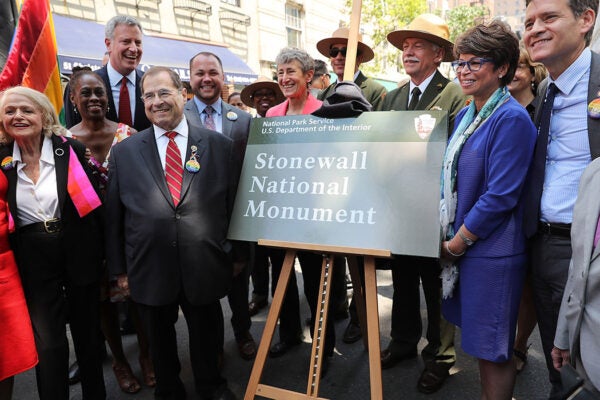The Shah, Our Man in Tehran?
Playing up the threat of the communist incursions, the Shah of Iran gained more and more support—financial and political—from the United States.
US–Iran Relations: 1953
What really happened in Iran back in the day, and what did the United States have to do with it?
The Rise and Fall of the Equestrian Cultures of the Plains
The introduction of the horse to North America by the Spanish transformed the lives of the Indigenous peoples of the Plains in decidedly mixed ways.
Exporting the Convict Clause: Slaves of the State in the Canal Zone
The criminalization of Blackness enabled by the Thirteenth Amendment brought chain gangs to the construction projects of the Panama Canal Zone.
Stonewall National Monument Declaration: Annotated
In June 2016, President Obama proclaimed the first LGBTQ+ national monument in the United States at the site of the 1969 Stonewall Uprising in New York City.
Walking the Race Line on the Train Line
Investigators never reached a conclusion about the death of Pullman porter J. H. Wilkins, but his killing revealed much about the dangers of his profession.
Military Policing and Militarizing the Police
The use of military strategies inside the borders of the United States has long been connected with racial politics.
How Steelworkers Stopped a Paramilitary Movement
Despite failing to break the Homestead Strike in 1892, the Pinkerton Agency demonstrated the extralegal threat paramilitary agencies created for Americans.
The Ever-Lengthening History of Tobacco
People have been smoking in the Pacific Northwest for more than 4,500 years.
Mapping “Indian Country”
In the early 1800s, the Native people of the Plains region didn’t generally think about their land in terms of tribes, territories, or racial difference.









